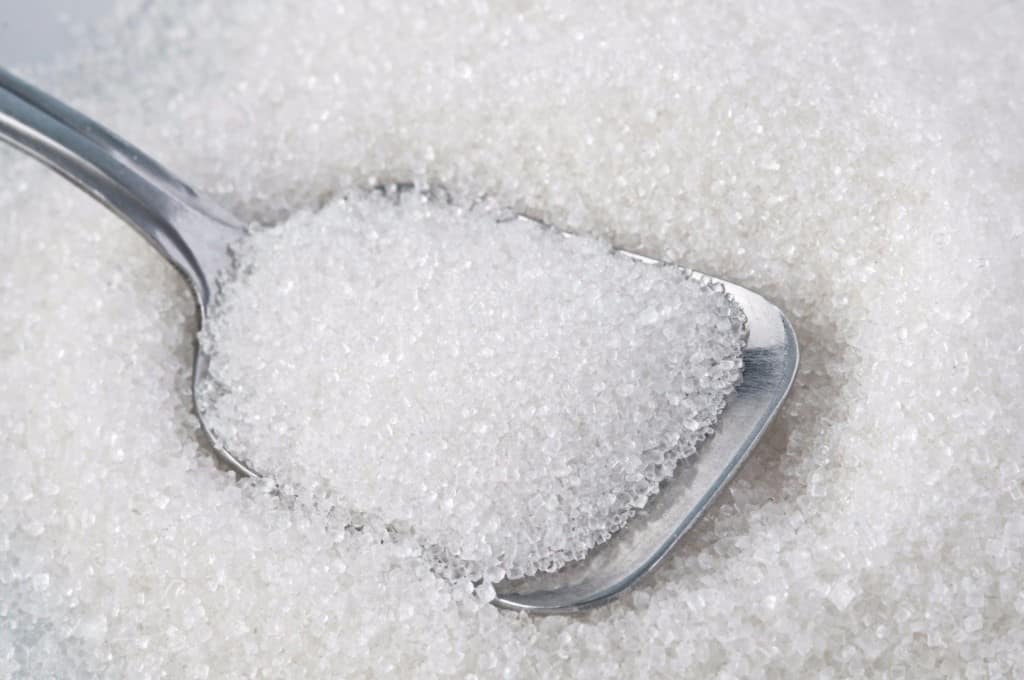19 Things You Didn’t Know Were Making You Dumber
Funny, Lists, ShockingHave you ever been doing a task and suddenly felt as though your neurons weren’t firing as fast as they should be? Have you ever suddenly thought to yourself, “how did I not know that? I used to know that?” Maybe you simply find yourself forgetting the names of people or things that you used to be able to recall right away. Most of the time, we chock this up to getting older. It turns out there are some things and activities out there that might actually be making you lose IQ. Do any of the things on this list at your own risk, because you might come out the other end dumber than when you started.
Surfing the Web

Turns out if you went looking for this list, you’re already getting dumber. That’s because Columbia University says people who are regular web users have lower information recall rates. In other words, the Internet is killing our memories.
Powerpoint Presentations

A study by the United States Army says that Powerpoint presentations actually reduce a viewer’s critical thinking skills. It also kills critical discussions. Apparently if people see something on a Powerpoint slide, they expect it to be true.
Obesity

Carnegie Mellon says that people who are obese suffer from a number of mental problems because the brain of these people have to work twice as hard to accomplish the same things are those with an average body size. In addtion to that, The connections between the brain parts responsible for memory and decision-making were hyperactive in overweight people, but functioned normally in average-weight people.
Meetings

Turns out going to meetings really is mind numbing. A Virginia Tech study says that going to meetings will tamp down intelligent expression. This is especially true in women.
Watching Spongebob Squarepants

One recent study found that watching fast paced cartoons like Spongebob Squarepants was actually impairing a child’s higher brain functions. This was especially true when compared to children who watched a great deal of educational programming. So TV doesn’t rot your brain, but cartoons apparently do.
Lack of Sleep

We’ve all felt like we weren’t all there when we were very tired. It turns out you really were suffering from reduced brain function. Lack of sleep can lead to cognitive problems. It can also increase blood pressure. High blood pressure affects memory and critical thinking and is also why obese people have cognitive problems.

One study indicates that while briefly looking at your Facebook profile helps self esteem, prolonged use of the social media site can actually dampen a person’s motivation.
Fluoride

Fluoride has long been one of those things the homeless crazy person on your corner has been screaming about. It turns out the chemical actually can have a negative affect on you. A Recent study shows that kids in locations where fluoride levels were high scored lower on IQ tests than children who were no. So the guy wearing the tinfoil hat might have sadly lived in a high fluoride area.
Junk Food

Foods that contain high saturated fat levels have been found to actually affect our cognitive abilities especially when it comes to memory. Even scarier than that is these foods have been linked to earlier onset of dementia.
Fox News

Not one, but two different recent studies have shown that people who watch Fox News as their primary source of information are less informed … about almost everything.
Big Cities

We’ve heard about the stereotype surrounding the country yokel who is quite a bit dumber than his city cousin. The fact of the matter is, big cities have been found to make people dumber. Scientists aren’t quite sure what’s causing it but there is data showing that an urban environment hurts even the most basic mental processes. After just a few minutes of being on a city street, it has problems holding things in memory.
Chewing Gum

Perhaps this is why the world seems like it’s getting dumber. Chewing gum has long been a popular treat and tool to freshen breath. It turns out that chewing gum actually harms short term memories. A study out of the UK says the gum will wipe out short term memories and make it harder to identify common items. While it’s not entirely known why, the preservatives and sugar substitutes could play a part.
Sugar

A new study shows that too much sugar consumption can slow the brain, and harm memory and learning. Luckily there is actually a known counter activity to this. Eating foods high in Omega-3 can reverse the effects.
Multi-tasking

Studies show that people who attempt to switch from one task to another, as opposed to finishing one task and then moving onto the next have short term memory issues. They also have concentration issues which can lead to them having to a task over again because they weren’t paying as close attention to what they were doing as they should have.
Jet Lag

We know that Jet Lag has some pretty serious immediate problems, but one new study says cognitive functions and short term memory issues can continue long after returning to a normal schedule.
Reality TV

A recent study in Austria showed that people who took an IQ test immediately after watching reality television scored lower than those who took the test without watching the show. We can’t even imagine if someone watched Spongebob and then followed that up with American Idol.
Smoking and Drinking

Already not good for your healthy, a new study shows that when smoking and drinking are combined it can have a real detriment to your cognitive abilities. The study found that smokers who drank heavily had a 36 percent faster cognitive decline compared to those who didn’t smoke and drank moderately.
Getting Spanked

Children who were regularly spanked, tend to grow up and have a lower average IQ than those who were never spanked.
Stress

Like sleep, stress is one of those things that might be a no-brainer, but new studies show that prolonged stress has real, physical detriments to your mind. Prolonged stress can reduce the number of connections between neurons in the brain. This leads to memory loss, as well as the ability to deal with stressful situations very well in the future.



